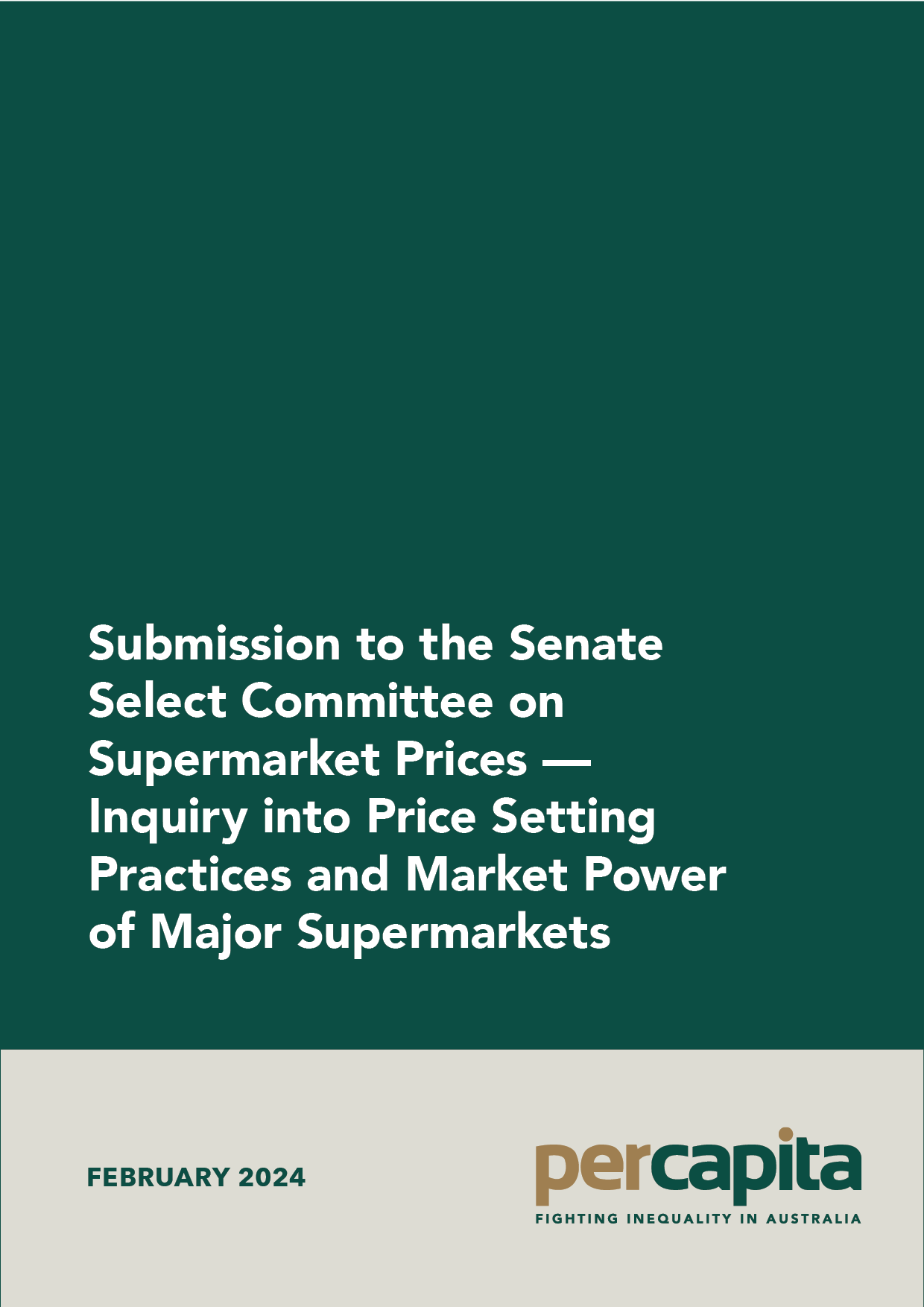The last few years have been extremely rough on people in Australia. After a decade of wage stagnation, inflation has eaten into real wages. Consequently, hardship has increased, particularly for those in the bottom two quintiles of income, including the working poor and those dependent on welfare payments. The global pandemic, severe weather events, disruptions to international and domestic supply chains and energy shortages have all contributed to increases in the prices of essential goods. Determining what constitutes a reasonable price in these circumstances is not easy for the everyday consumer. To what extent are price spikes due to external factors and resulting supply chain disruptions? To what extent are they due to firms taking advantage of these circumstances? This is near impossible for consumers to determine at the checkout.
What is clear, as data on sales, revenues, prices and profits for the past few years shows, is that Australian competition, consumer and industrial relations laws are not working as they ought to. Gaps and loopholes have been revealed. While this period has been unusually challenging, we should not assume that we live in extraordinary times. In the coming decades our planet will experience an increase in extreme weather events. This will bring, alongside other devastating consequences, increased economic disruption.
Our submission discusses how highly concentrated markets, and the substantial market power of Australia’s supermarket duopoly can harm consumers, workers, and fuel inequality. It makes several recommendations for the committee to consider.

